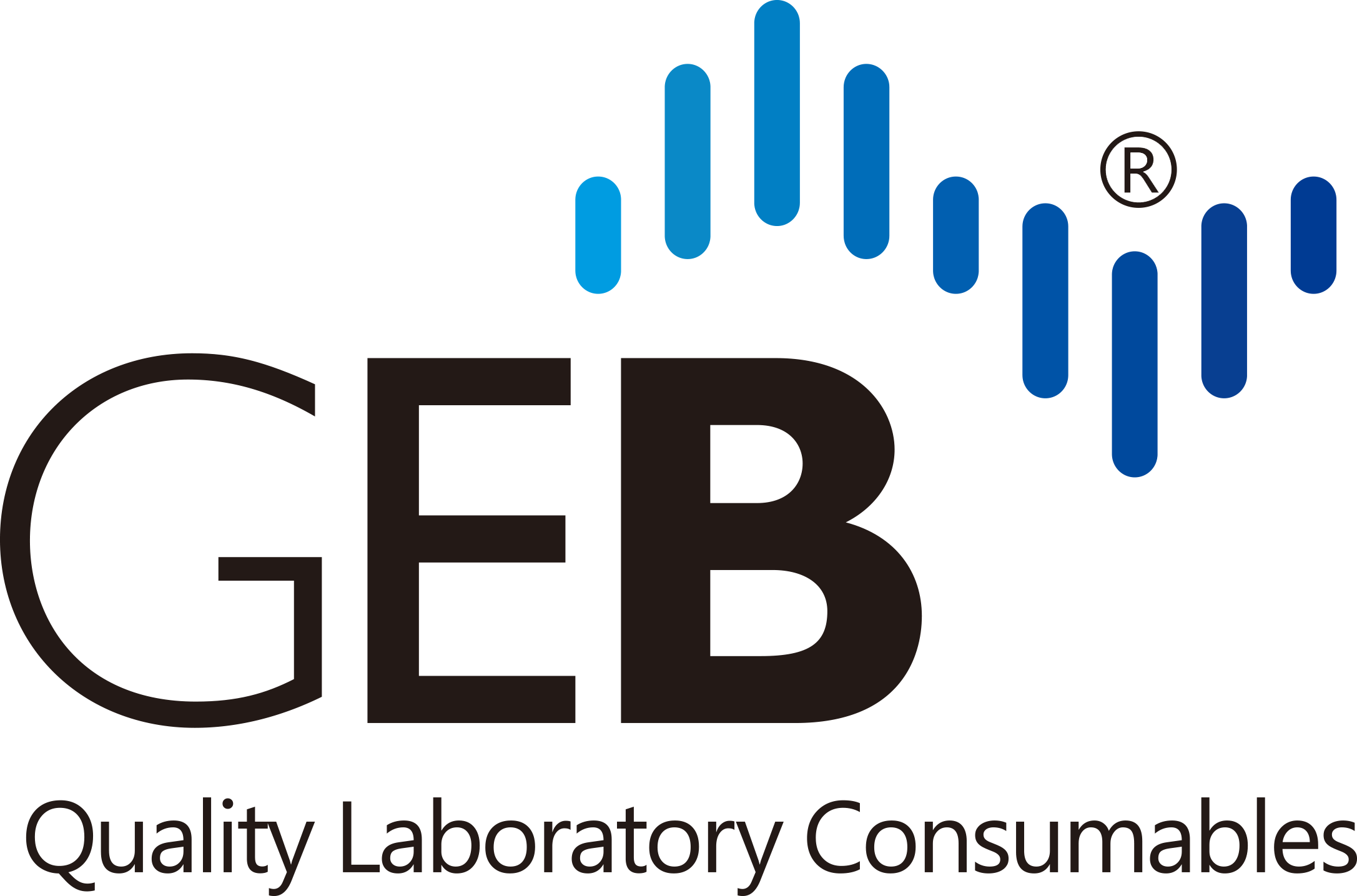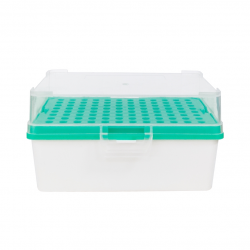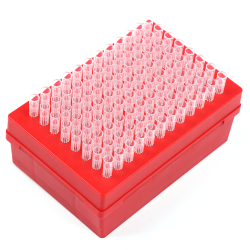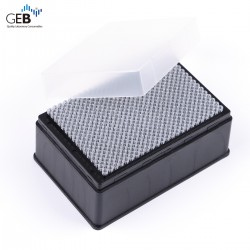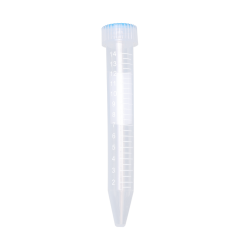10 Aug


In a biological laboratory, a wide variety of reagents are used, and their usage depends on the specific research area and experimental objectives. Common types of reagents used in biological laboratories can be categorized as follows:
Molecular Biology Reagents:
- DNA/RNA Extraction Reagents: Including proteinase K, DNA/RNA extraction kits, phenol-chloroform, etc.
- PCR Reagents: Such as Taq DNA polymerase, primers, dNTPs, etc.
- Molecular Labels: Including radioactive isotopes, fluorescent labels, biotin, and luciferin.
Cell Culture Reagents:
- Cell Culture Media: Such as DMEM, RPMI-1640, MEM, etc.
- Cell Separation Reagents: Such as trypsin, agarose, centrifugation solutions, etc.
- Cell Culture Supplements: Including fetal bovine serum (FBS), human serum, growth factors, etc.
Immunology Reagents:
- Antibodies: Comprising primary antibodies, secondary antibodies, labeled antibodies, etc., used in experiments like immunoblotting, immunohistochemistry, flow cytometry, etc.
- ELISA Kits: Used for enzyme-linked immunosorbent assays, including ELISA plates, substrates, buffers, etc.
- Flow Cytometry Reagents: Including fluorescently labeled antibodies, cell staining dyes, flow cytometry buffers, etc.
Biochemical Reagents:
- Enzymes: Such as proteases, lipases, oxidases, etc.
- Proteins: Such as bovine serum albumin (BSA), bovine serum albumin (BSA), etc.
- Substrates and Cofactors: Used in enzyme reactions.
Cell and Tissue Staining Reagents:
- Cell Stains: Such as fluorescent dyes, trypan blue, DAPI, etc.
- Tissue Histology Stains: Such as hematoxylin and eosin (H&E), immunohistochemistry reagents, etc.
Pharmacology and Toxicology Reagents:
- Drug Reagents: Used for drug screening and pharmacological studies.
- Toxicity Reagents: Utilized to assess the toxicity of compounds on living organisms.
Laboratory Supplies:
- Laboratory Equipment: Including reagent bottles, beakers, pipettes, test tubes, centrifuges, PCR machines, etc.
- Culturing Containers: Such as cell culture dishes, cell culture flasks, centrifuge tubes, etc.
These are just some common reagents and supplies used in biological laboratories. The choice of reagents depends on your research needs and experimental design. When using these reagents, safe handling and proper storage are also crucial to ensure the success of experiments and laboratory safety.
